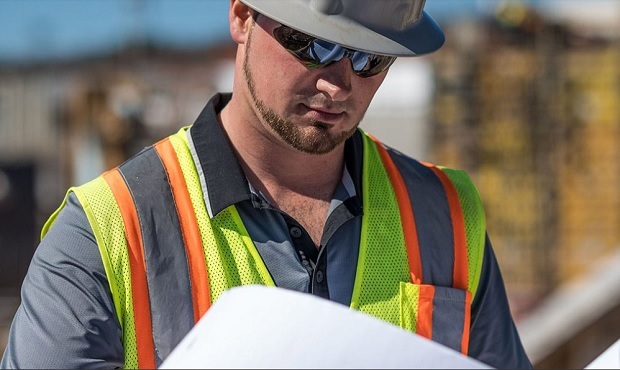The Crucial Role of a Construction Superintendent

In the bustling world of construction, the role of a Construction Superintendent is vital in ensuring the successful completion of projects. A construction site can be a chaotic environment with numerous moving parts, and the Construction Superintendent is the linchpin that holds it all together. In this article, we will delve into the responsibilities, skills, and significance of this essential position in the construction industry.
Responsibilities of a Construction Superintendent
Construction Superintendents are responsible for overseeing the day-to-day operations on a construction site. They are the on-site leaders who coordinate and manage various teams, including construction workers, subcontractors, and suppliers. Their primary objective is to ensure that the project progresses smoothly and adheres to the planned schedule, budget, and quality standards.
- Project Coordination: The Construction Superintendent collaborates closely with project managers, architects, engineers, and other stakeholders to understand the project’s scope, timeline, and objectives. They break down the project into manageable tasks and create a detailed construction schedule.
- Resource Management: From materials to equipment and labor, the Superintendent is responsible for managing resources efficiently. They ensure that the necessary materials are available on-site, and equipment is in working order. Additionally, they supervise the workforce, assigning tasks and ensuring productivity.
- Quality Control: Maintaining quality standards is a top priority for the Construction Superintendent. They conduct regular inspections to verify that work meets specifications and industry regulations. If any issues arise, they take prompt action to rectify them and prevent delays.
- Safety Oversight: Safety is a paramount concern in the construction industry, and the Superintendent plays a crucial role in creating a safe work environment. They enforce safety protocols, conduct safety meetings, and ensure that all workers follow safety guidelines to prevent accidents and injuries.
- Problem Solving: Construction projects often encounter unexpected challenges, such as adverse weather conditions or material shortages. The Superintendent must think on their feet, find creative solutions, and keep the project on track despite these obstacles.
Skills and Qualifications
To excel as a Construction Superintendent, individuals need a combination of technical expertise, leadership abilities, and interpersonal skills. Some key skills and qualifications include:
- Construction Knowledge: A solid understanding of construction processes, techniques, and best practices is essential. Construction Superintendents should have a background in construction management or a related field.
- Leadership: As on-site leaders, Construction Superintendents must have strong leadership qualities. They need to motivate and guide their teams effectively, fostering a positive and productive work environment.
- Communication: Effective communication is critical in coordinating with various stakeholders, including project managers, workers, and clients. The Superintendent must be able to convey instructions clearly and resolve conflicts diplomatically.
- Time Management: Meeting deadlines is crucial in construction projects. The ability to manage time efficiently and prioritize tasks is essential for a successful Construction Superintendent.
- Problem-Solving: Construction sites can present unexpected challenges, and the Superintendent must be quick to identify issues and find pragmatic solutions.
Significance of the Construction Superintendent
The Construction Superintendent’s role is invaluable in ensuring the overall success of construction projects. They bridge the gap between the management team and the workforce on the ground, making sure that the project proceeds according to plan. Their hands-on approach allows for immediate responses to any issues, reducing the risk of delays and cost overruns.
Moreover, a skilled Construction Superintendent can boost team morale and enhance productivity. By fostering a safe and respectful work environment, they encourage workers to perform at their best, ultimately leading to the timely completion of the project with high-quality results.
Conclusion
In the multifaceted world of construction, the Construction Superintendent is the linchpin that keeps everything running smoothly. Their extensive knowledge, leadership prowess, and problem-solving abilities make them indispensable in the successful execution of construction projects. From coordinating teams to ensuring safety and quality, Construction Superintendents play a critical role in shaping the built environment that surrounds us. Their commitment and dedication contribute significantly to the growth and progress of the construction industry as a whole.


